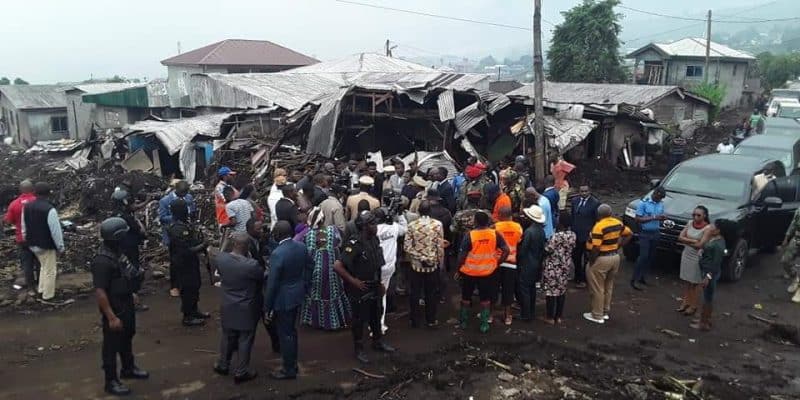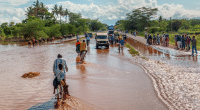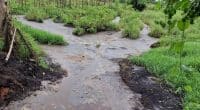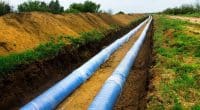After the deadly floods in the city of Buea in Cameroon by mid-March 2023, the rainy season that continues until April is expected to weaken the iconic ecosystems of the Southwest region.
A few days after the floods that killed two people in the city of Buea in Cameroon, rescue operations are continuing to find possible survivors, especially in Bova. In this locality near Mount Cameroon, where the mudslides and runoff originated, the downpours destroyed houses, devastated plantations and untied roads, particularly the one leading to the Great Soppo Market and Bokwaongo neighborhoods.
https://twitter.com/TheCameroonianZ/status/1637152217734995968
“On the spot, technicians from the town hall are trying to break up the houses built on the rainwater passageways to avoid another tragedy,” said local teams from the International Committee of the Red Cross (ICRC). While Prime Minister Joseph Dion Ngute is calling on the people of the Southwest region to be vigilant during these rainy times, the water supply and the survival of biodiversity are also threatened.
Indeed, this region, which is home to some of the most prized ecosystems of Cameroon’s natural heritage, is highly exposed to weather phenomena accentuated by climate change. For example, the Korup National Park covers an area of 1,260 km² and includes more than 400 species of trees, including aucistraladus korupensis, whose plants are used for medical experiments against cancer, as well as a fauna composed of 300 species of birds, 174 reptiles and 140 species of fish.
Read also-AFRICA: Rabat calls for the creation of a platform dedicated to climate resilience
The Cameroonian authorities should strengthen the protection of these local ecosystems in order to face the risks of floods that are looming over Buea. However, these phenomena, as in other cities in Central Africa, are favored by anarchic construction near swamps as well as waste that ends up in illegal dumps, gutters, drains and rivers.
Benoit-Ivan Wansi






